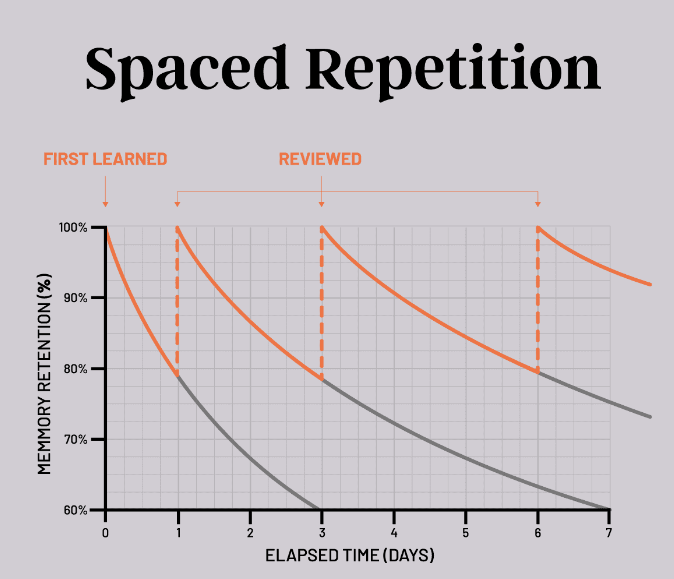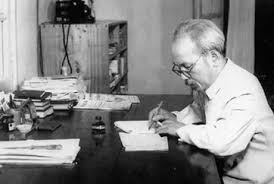Lặp lại ngắt quãng - Spaced Repetition
Tue, 27 Aug 2024

Follow the stories of academics and their research expeditions

Have you ever tried to become a morning workout person? You set your alarm early, promise yourself you'll hit the gym, but when the time comes, you hit the snooze button instead. It's a common struggle. We often blame ourselves, thinking we lack discipline or motivation. But what if it's not about willpower at all? What if it's about understanding how habits actually work?
The Science of Habits
Habits aren't just about willpower. They're deeply ingrained patterns in our brains. When we repeat an action enough times, it becomes automatic, like brushing our teeth or tying our shoelaces. Creating a new habit, like morning exercise, requires rewiring these neural pathways.
Here's the thing: Our brains are wired to conserve energy. This means they prefer familiar, easy routines. That's why it's so tempting to hit snooze instead of hitting the gym.
Why Morning Workouts Are Especially Hard
Morning workouts present unique challenges. When we wake up, our bodies are still in rest mode. Our energy levels are low, and our muscles are stiff. Add to that the warmth of our beds and the thought of a busy day ahead, and it's no wonder many of us struggle to get moving.
It's Not About You
If you've failed to establish a morning exercise habit, it doesn't mean you're lazy or undisciplined. It simply means you haven't found the right approach for your brain and body.
The Habit Loop
To understand how to create a successful morning exercise habit, it's helpful to understand the "habit loop":
How to Make Morning Exercise a Habit
Additional Tips
Conclusion
Creating a morning exercise habit is a challenge, but it's absolutely achievable. By understanding the science of habits and following these tips, you can transform your mornings and your overall well-being. Remember, it's not about being perfect. It's about progress, patience, and finding what works for you.
Tue, 27 Aug 2024

Tue, 27 Aug 2024

Mon, 26 Aug 2024

Leave a comment